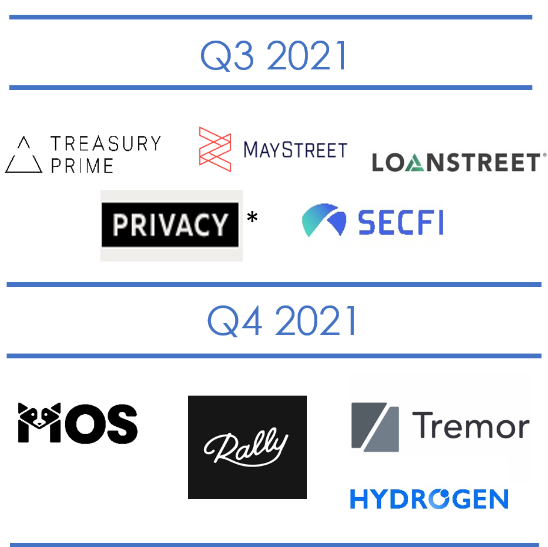Discovering Venture Capital
In January 2016, I returned home to Mumbai after spending the past year working as an opposition scout for a soccer club. As most new year’s resolutions turn out, I found myself pumping some iron at my local gym. Suddenly, a news notification flashed on my mobile screen – As India is getting richer, it’s getting unhealthier. I was struck by the timing and read on: 430 million Indians have hypertension, and 182 million are diabetic…

Around the same time that month, I started watching Shark Tank. It made me curious about venture capital, and how investing in two people and a presentation could make you rich – thoughts of a naive youth. It was amazing to see two sharks fighting over the same deal and how the entrepreneur prioritized the value-add shark over the one offering the higher valuation. The above incident made me question current popular companies Flipkart and Lyft, who essentially replicated their business models from Amazon and Uber. How were they still able to raise large financing rounds, how were they able to carve out market already taken up by giants? All these questions and more ignited my interest in venture capital.
My Pitch
Breaking into venture capital was much harder than I expected. So, I took a plain-sailing approach and googled venture capital funds in India. I started sourcing names of venture capital professionals from Linkedin or Angel List and procured their work email addresses using Rocketreach or Hunter.io. Once I had my list together, I started cold emailing every single venture professional, asking for a brief phone call or a coffee chat.
I emailed close to 100 venture professionals in India, and I heard back from 12. Out of the twelve, only three agreed to an introductory call. The other nine individuals did not even want to help me out – that was demoralizing; there was no guiding light, you know.
My pitch was simple: I used to analyze soccer players; I can do the same for startups. In my soccer job, I developed tactics to exploit the opposing team’s weaknesses and capitalize on the home team’s strengths. Soon, I started drawing parallels between analyzing soccer teams and startups. For instance, team composition is critical, and everyone on the team needs to work in sync to help win matches.


Before my calls, I prepared by reviewing their investment thesis, portfolio companies, and formulating my thoughts on their companies and sectors. One of my three calls was with Kae Capital. Afterward, they were kind enough to introduce me to one of their portfolio companies, Azuro. Azuro, a property management startup gave me an internship opportunity to understand India’s startup ecosystem.
Both Sides of the Table
I started as a strategy intern at Azuro where I had the chance to completely immersed myself in the world of property management. I had three main roles – review the property management landscape, integrate the differentiators into Azuro’s business model, and help them expand into a new city.
Additionally, I was fortunate enough to assist them with a Series A round of financing. I prepared the target list of investors and started reaching out – I got a few helpful introductions by our current investors, but still relied on the cold email. Naturally, I am a very quiet person, but early on into the fundraising, I realized in order to raise capital, I needed to be more talkative and outgoing. (True story – my current colleagues, did not even believe me when I told them I hardly spoke in high school). By the end of 10 months, we had raised our Series A and even managed to publish a rental report on Mumbai, which gained tremendous media traction.
One of the investors I reached out to was Mumbai Angels, Azuro’s existing investor and India’s most renowned Angel investing network. During our brainstorming session, the team at Mumbai Angels discovered my passion to break into venture. At one point during the discussion, the team at Mumbai Angels asked me, “how can venture change the world?” And I will never forget what I said: I want to change the healthcare paradigm in India and help Indians stay fit, resist diseases, and reduce obesity. Subsequently, they had me come in for a more formal interview where I had to source a deal and produce an investment memo. Part of this was to put me in my place a little as I was maybe a little too eager bragging about my sources of deal flow and how I’m the only person for the job, but it worked. Because two days later, I joined Mumbai Angels as their new investment intern.
I worked at Mumbai Angels during the week and continued my work with Azuro on the weekends. It was tough, I was tired, but I was enjoying every minute of it. At Azuro, I reported directly to the CEO, iterating the business model and attracting customers. While at Mumbai Angels, I was breaking apart business models and giving my recommendations to Investors.
From sending my first cold email to my internship at Mumbai Angels, a full six months had passed. I felt like a different person.
This current article is part one of a three-part series called My Journey into Venture Capital. If you are a founder or a startup in deep tech, enterprise, automation, digital health, or an emerging manager raising a fund, please reach out at [email protected].
Stayed tuned for Part II, where I focus on my role at Mumbai Angels and how I decided to move to New York City to study and work in the most developed startup ecosystem on the Planet. Follow me on Medium to get notified on Part II of the Series.



